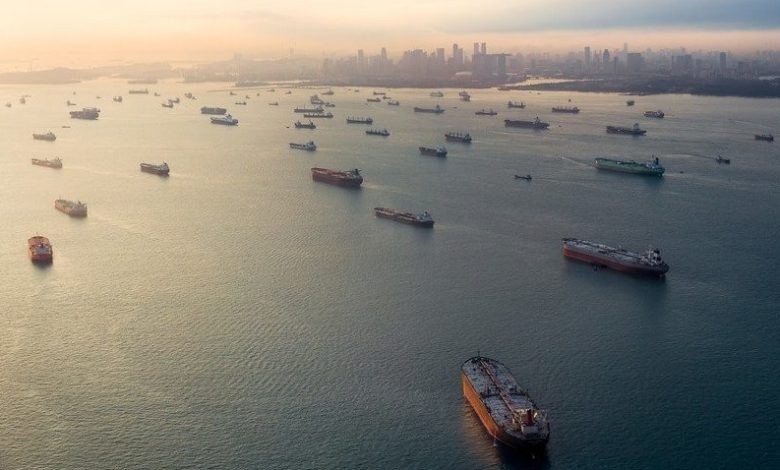ITF forecasts worldwide transport activity to more than double by 2050

The OECD’s International Transport Forum (ITF) has published its Transport Outlook 2021. The think tank’s report on transport policy was released prior to the virtual annual summit of transport ministers this week.
The ITF forecasts that global transport activity will more than double by 2050, and traffic emissions will rise by 16% compared to 2015 baseline levels – even if existing commitments to decarbonise transport are fully implemented.
Global freight transport activity is also forecast to grow 2.6-fold (measured in tonne-km) – with freight CO2 emissions projected to increase by 22%.
The shipping industry suffers from a moral hazard problem
The report notes that transport is at a pivotal moment and that bold action is required to scale-up ready-to-adopt freight decarbonisation measures to both reduce costs and emissions. This will require a range of measures to promote international cooperation as the carbon footprint from transporting goods is as important as that from moving people.
Among key takeaways from the report, there’s a prediction that the role of smaller players in the freight transport market may decrease.
“The economic crisis, increased automation, expansion of online retail and investment in DT could lead to market consolidation giving less space to smaller players,” the report states, while raising familiar gripes about container shipping’s ability to remove capacity en masse to push up rates.
The ITF also touched on another issue it has focused on a lot in recent years – shipping and taxation.
“The shipping industry suffers from a moral hazard problem. The assurance that operators will be bailed out in combination with tax exemptions enables shipping firms to offload their risks to the public sector,” the report states, claiming that globally shipping pays a corporate income tax rate of approximately 7% in comparison to the worldwide statutory tax rate of 24%.
Policy recommendations from the ITF include governments giving as much priority to decarbonising freight as they are to passenger transport. Governments must also create business cases for freight decarbonisation, the ITF urges.
“Governments need to create a coherent framework of economic and regulatory incentives and penalties to align economic objectives with sustainability goals. The toolbox could include carbon taxes, zoning restrictions, fuel mandates, and bailouts conditional on decarbonisation actions,” the report states.
In presenting this year’s outlook, ITF secretary-general Young Tae Kim, said: “The report provides policy makers with insights from cutting-edge ITF research on the three major challenges of our time: the Covid-19 pandemic, climate change and inequality. It shows how they are linked, but also identifies actions – actions that are critical to ensure an effective and equitable transition to sustainable mobility on an urban, regional and global level in the wake of the pandemic.”
